
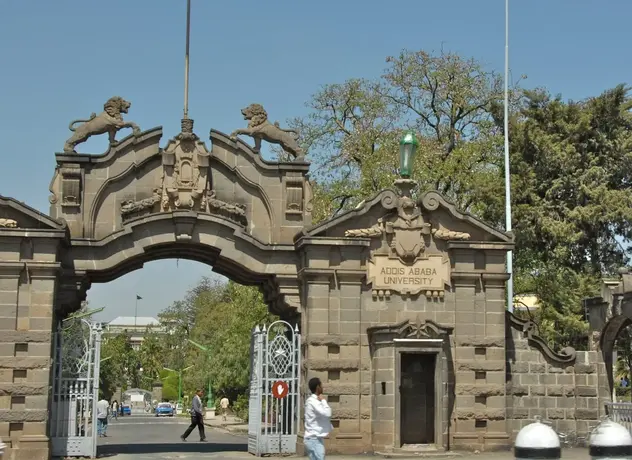

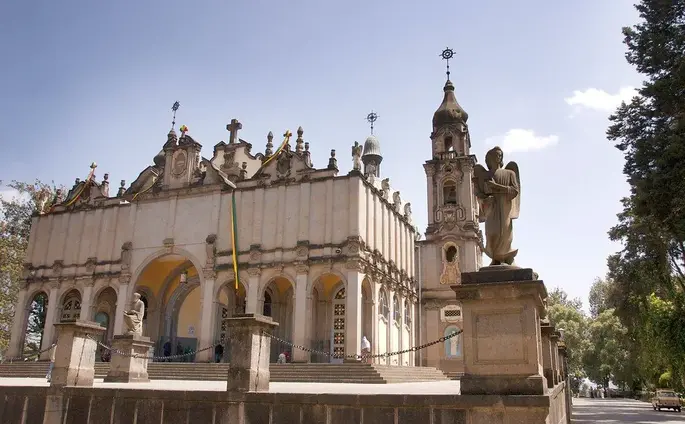
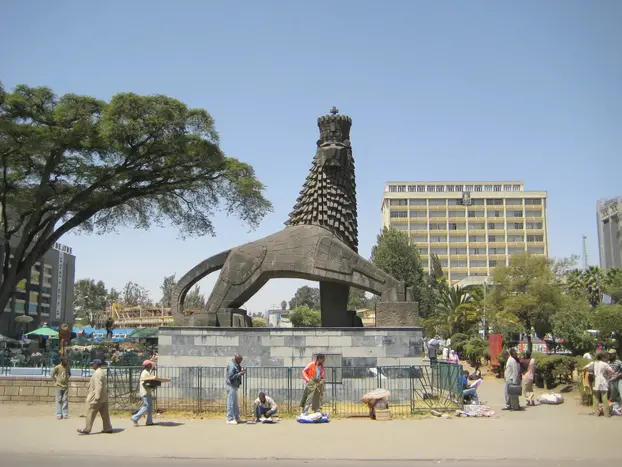
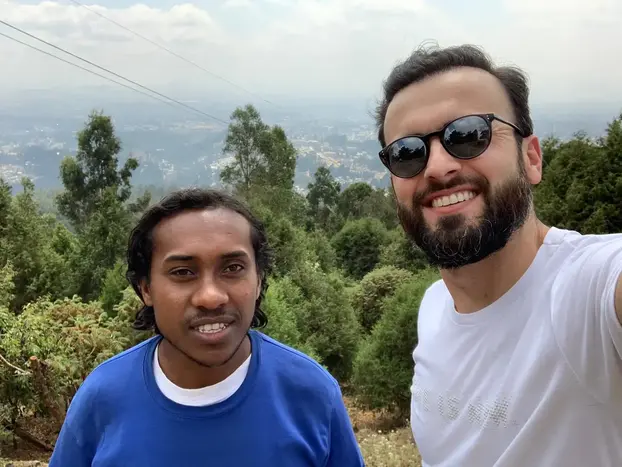
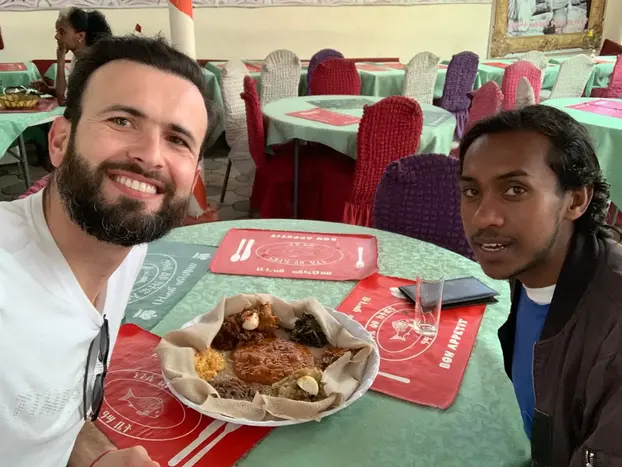
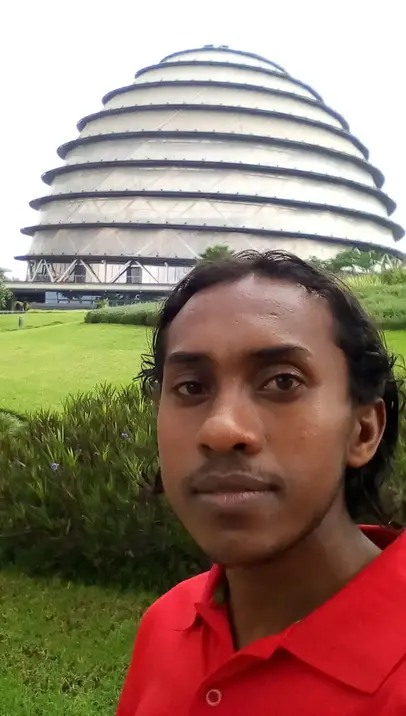
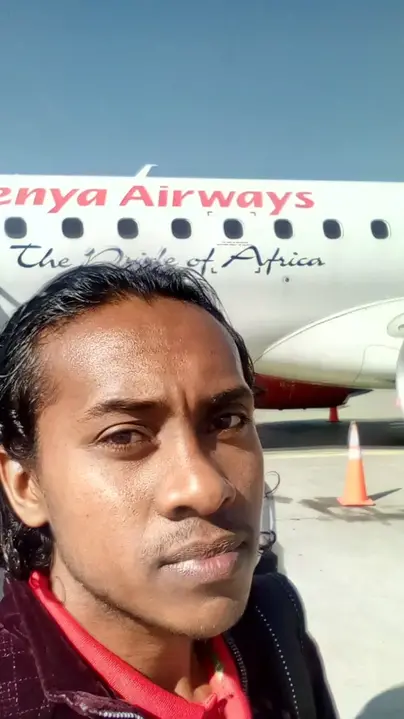
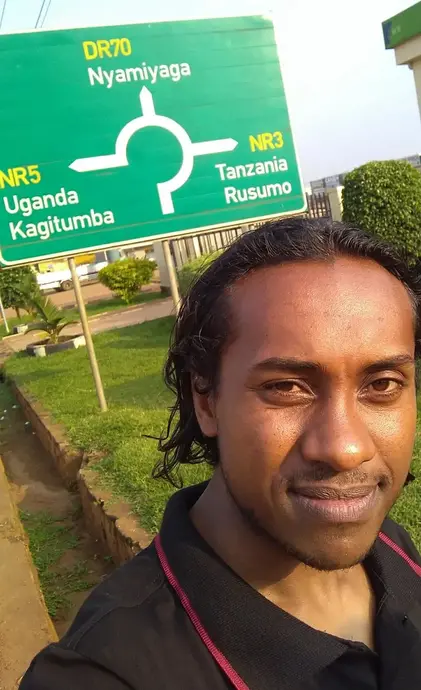
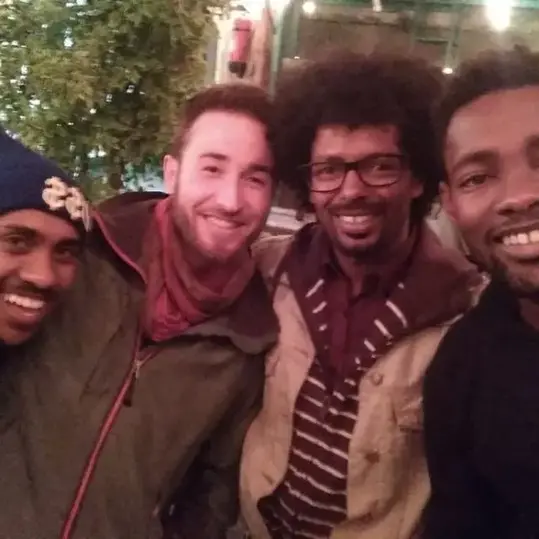
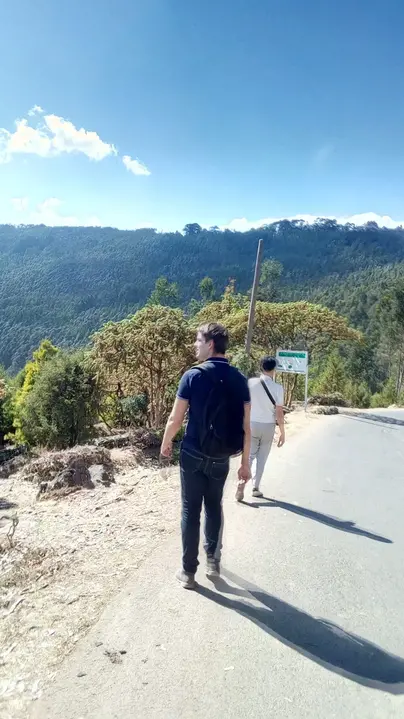

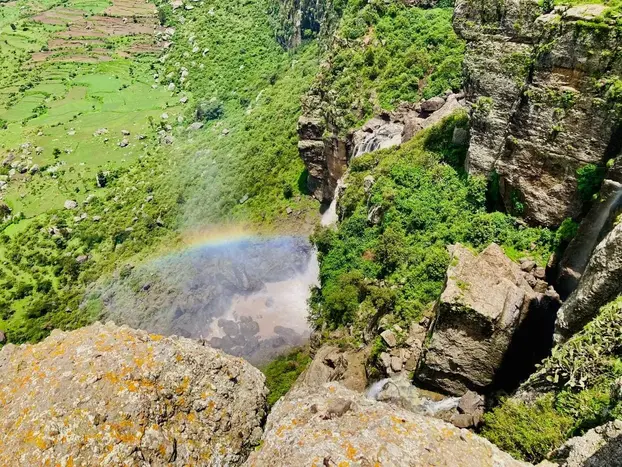

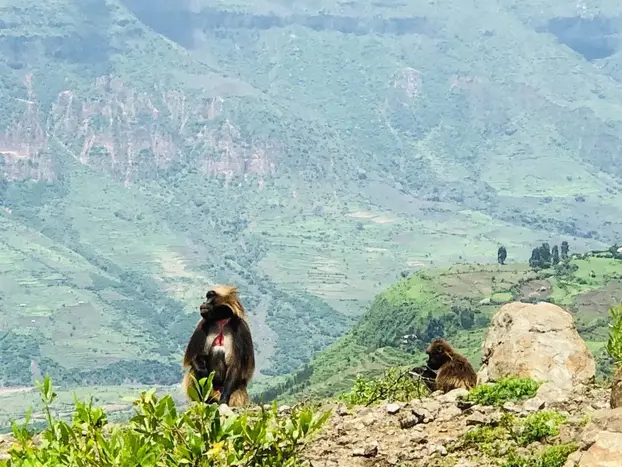
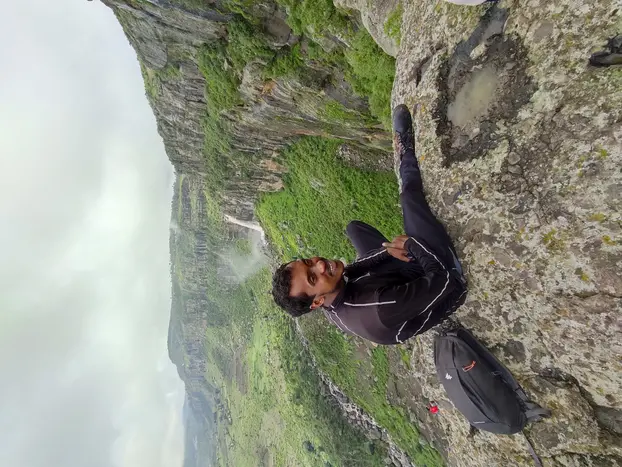
Explore the Natural and Cultural Attractions of Addis Ababa!

Tour description
Being a reliable Guru of Addis is my the best feature. I will explain the whole history of Addis Ababa through these emblematic and famous places, how it was founded, curiosities, the history, and many other things. Moreover, we will go to hidden places only known by a local :). If you want to know everything about this fantastic city, you can’t miss my guruwalk in Addis Ababa! What are we going to visit: -Mesqel Square - UNECA and Africa Union -Merkato Market -Piassa (Old town) -University ( Ethnological Museum) - Shiromeda Cultural Cloth Market -Entoto Mountain -Local and Indigenous drinks and foods -Religious Heritage -National Museum -Arat Kilo and Kasanchis -Shola Market -This tour also takes to Debire Zeyit ( Bishoftu) Lakes Depending on the traveler time probably in next day of the tour. Most Unique things of Ethiopia 1. Calendar and Time The Ethiopian calendar is closely related to the Coptic and Julian calendars, but it is not quite the same. Ethiopia has 13 months. The 12 months have 30 days each and the 13 month has 5 days and 6 days once in four year that making Ethiopia 7 and half years behind the Gregorian calendar. Ethiopia celebrates its new year in every September first of Ethiopian calendar. Ethiopia is in the GMT + 3 hours’ time zone. The sun dictates the Ethiopian Time. When you get up early in the morning you start by counting one and you end up at twelve when the day ends, and start counting again from one when the night begins and end at twelve o’clock just before the sunrises in the morning. The Ethiopian midday and midnight is six o’clock. So be aware that the counting system of Ethiopian time and date is not the same as you some local people can understand your counting system too. 2. Amharic Alphabet Ethiopia has its own Alphabet and numeric. Amharic is the main language of Ethiopia. Amharic Alphabet has 35 main letters with having 6 each relatives. 3. Food Ethiopian Food is Diverse, Spicy and exotic. Injera is the stable or dominant food of Ethiopians which takes 3 days to bake. Injera is made from cereal grain known as Teff. Injera can be served with a rainbow of different foods such as meat, Vegetable, pulses and soon. Ingera can be eaten by hand rather not by folks and spoon. 4. Coffee The most coffee grown place in Ethiopia are Keffa in south, Jimma in south west, Welega in North West and Harar in the East. The preferable coffee to drink is from the boiled coffee pot than the machine coffee. The Ethiopian coffee ceremony is an important part of Ethiopian culture. It involves roasting coffee beans and preparing boiled coffee in a vessel akin to the ibriks. The coffee ceremony involves processing the raw, unwashed coffee beans into finished cups of coffee. 5. The Cradle of Human kind ( Hominid) and Never colonized 6. Music and Dancing ( Eskista) The music of Ethiopia is extremely diverse. It uses distinct modal system that is pentatonic, with characteristically long intervals between some notes. Even if you can’t understand the words, Ethiopian music is so expressive and soulful that you will enjoy it anyway! Traditional Ethiopian dance is unique. Mainly comprised of fast, rhythmic upper body movements, the dancing is not only beautiful, but tells a story of life, culture, and tradition in Ethiopia. There is some cultural restaurant that have the Ethiopian cultural live dance music along with the food in every evening.
What will we see on this tour?








